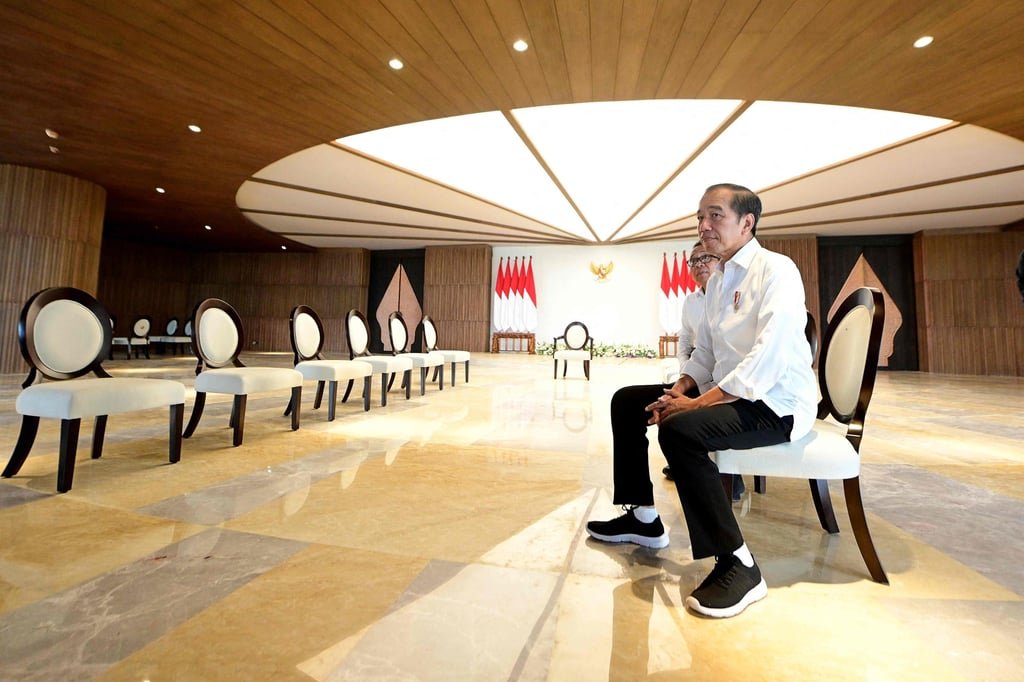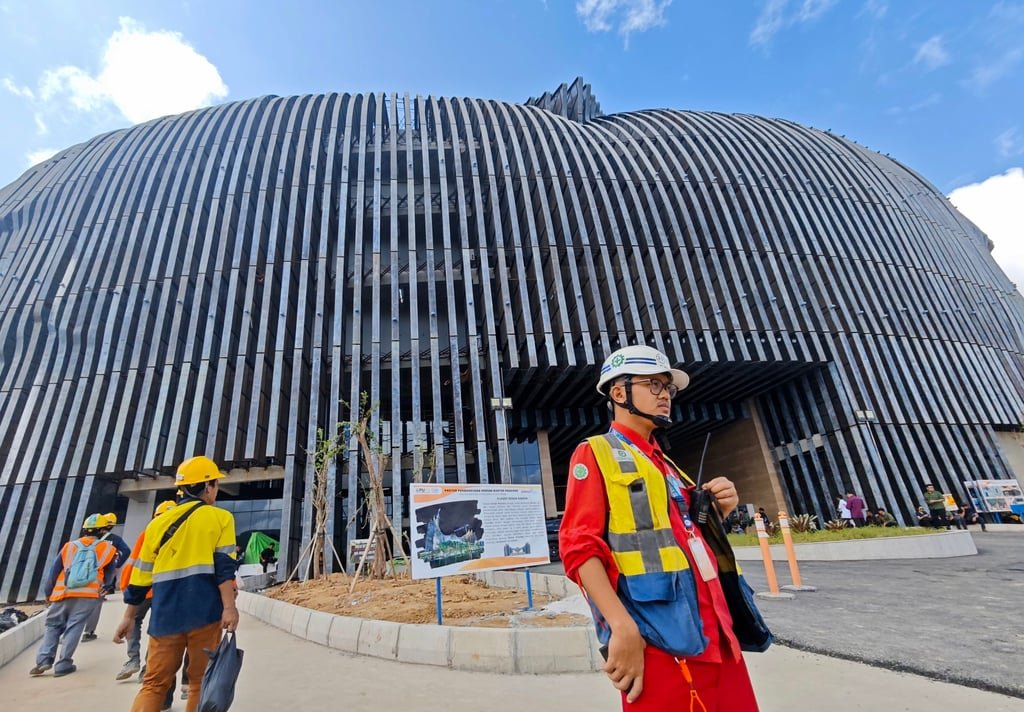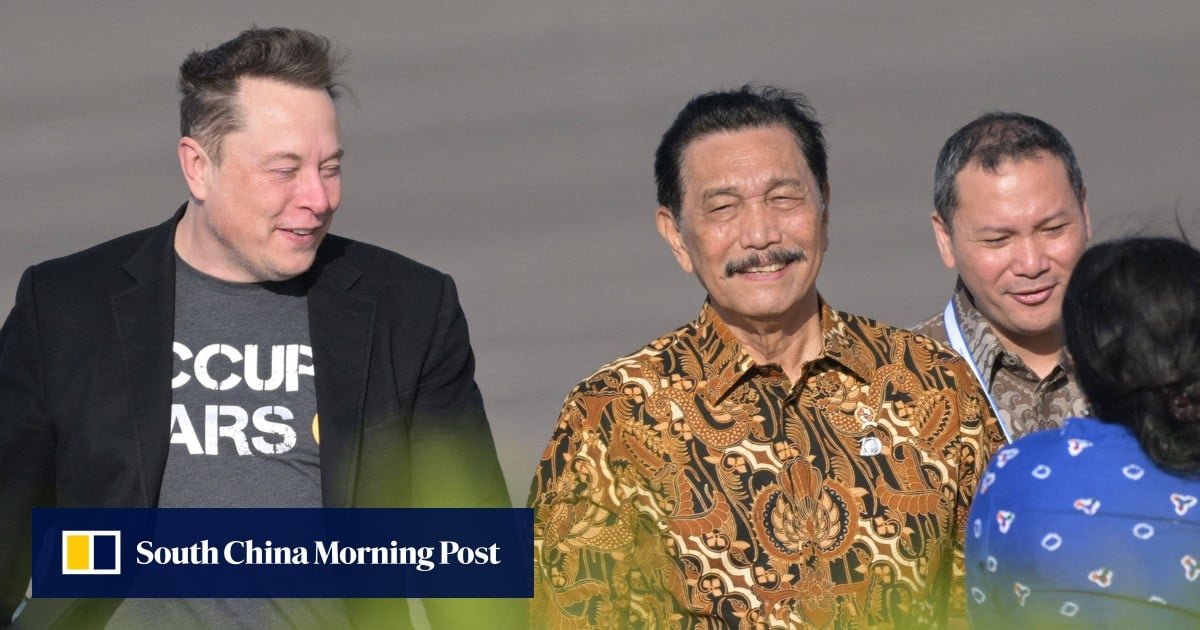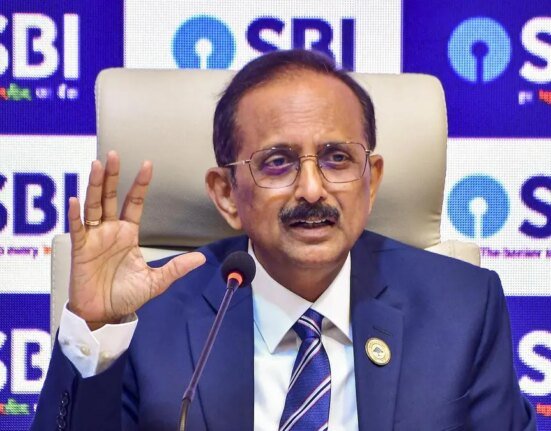
Widodo also advised the country’s immigration agency to be “selective” and only allow “individuals with high potential contributions” access to the visa.
Director general of Immigration Silmy Karim said that 300 golden visas have already been issued during its trial period, from which the state pocketed two trillion rupiah (US$122.9 million) in investments.
“The important thing is to socialise [the policy] as much as possible first. We are communicating with several Chamber of Commerce organisations, including [those from] USA, China, Japan, Korea, and Indonesia. We also socialise it to the Indonesian Young Entrepreneurs Association, whose partners may also need a Golden Visa,” Silmy told reporters.

Under the scheme, individual foreign investors wanting to establish a company in Indonesia are eligible for a five-year golden visa if they invest at least US$2.5 million, and double that amount for a 10-year visa. Individual investors who do not wish to establish a company must place funds of at least US$350,000 in either Indonesian government bonds, public company stocks, or savings, to get the five-year visa. The directors, commissioners or representatives of corporations aiming to establish companies in Indonesia must bring in at least US$25 million in investment value to apply for a five-year stay.
In total, the golden visa programme offers 10 types of visas, including one aimed at former citizens and one called a Second Home visa, which requires applicants to save funds in an account under their own name at a state-owned bank worth at least US$130,000 or buy a property worth at least US$1 million in Indonesia.
All about Nusantara?
Bhima Yudhistira, executive director at the Jakarta-based Center of Economics and Law Studies (Celios), said that the government likely launched the policy to appeal to wealthy family offices, who often demand special treatment from the immigration agencies in the countries where they base their offices.
Chief investment minister Luhut Pandjaitan said last week that the government is preparing a legal system to enable the establishment of family offices onshore, before Widodo leaves the presidential office in October.
“I reported to the president that we should adopt the legal systems used by Singapore, Abu Dhabi, or Hong Kong. By doing so, we provide legal certainty to those who invest here,” he told reporters on July 22.
Earlier this month, Luhut said that there are 1,500 family offices in Singapore, whose combined assets are worth US$1.6 trillion in total. If Indonesia had the same system, family offices would inject at least US$100-200 million into the GDP, he said.
“It is hoped that investors who get a golden visa would put their money in the new capital, even though investors typically look at legal certainty [of a project before they invest]. What if the golden visa [policy] is revoked in the Prabowo era? It’s very likely to happen,” Bhima said.
Thus, a golden visa alone will not necessarily be effective to attract investments in the near future, since foreign investors are “taking a wait-and-see” attitude during the government’s transition period, Bhima said.

He also raised concerns about Indonesia’s ability to combat cross-border money laundering and other criminal acts, which would be made easier with the golden visas.
Indonesia is bucking the trend seen in Europe in which EU states are gradually scrapping their golden visa or passports policies due to Russia’s war in Ukraine, as well as skyrocketing house prices. In 2022, Brussels called for EU member countries to verify whether their golden visa or passports schemes were enjoyed by sanctioned Russians.
Among countries already abandoned their golden visa scheme is the UK, Ireland, and Portugal.
The latter used to allow foreigners to gain residency by buying property, which resulted in an increase in property and rent prices.
“If golden visa holders can own land in Indonesia, that could be a threat to Indonesian citizens. Land ownership could eventually shift from Indonesians to foreigners, and it could lead to protests from residents,” said Nailul Huda, an economist with Celios.








